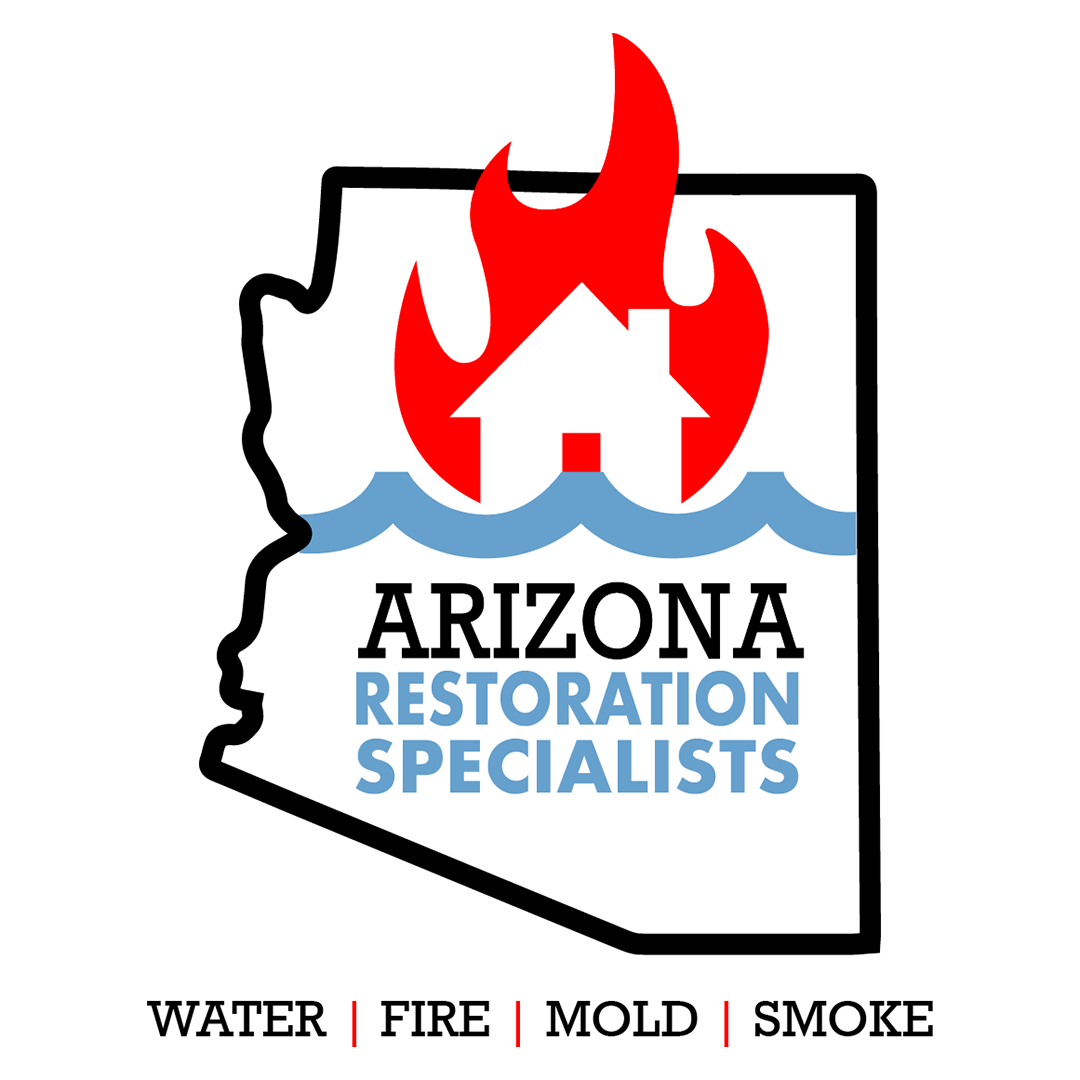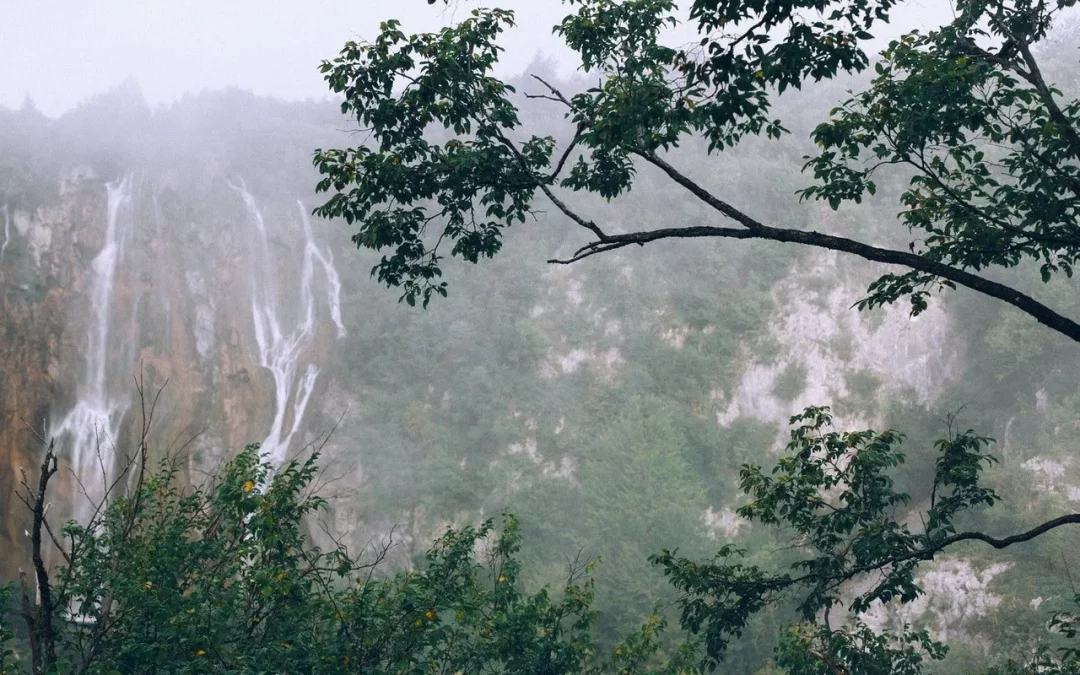Why Homeowners Should Invest in Air Quality Testing Services After a Water Damage Disaster
Arizona Restoration Specialists highlights the importance of air quality testing for homeowners in Phoenix and Mesa, AZ.
Arizona Restoration Specialists has served Mesa, AZ, and the Phoenix Valley area for more than twenty years with premier property damage restoration services, including water damage restoration, fire and smoke damage restoration, mold removal and remediation, sewage cleanup, repair and reconstruction, and indoor air quality testing. With crews on call around the clock 365 days a year, the company can respond on scene to any situation within an hour.
Comprehensive Indoor Air Quality Testing
Along with water damage and fire damage restoration, Arizona Restoration Specialists offers comprehensive indoor air quality testing. This thorough testing of the home targets the sources of poor indoor air quality, including mold and other potentially harmful chemicals. Water damage, fire damage, mold infestation, and volatile organic compounds (VOCs) can compromise indoor air quality. The water damage or fire damage disaster is not fully restored until any air quality issues have been identified and resolved.
Causes of Poor Indoor Air Quality
Water damage can create an environment conducive to explosive mold growth. Fire, smoke, and soot damage can leave behind very toxic chemicals and dangerous particles that must be eliminated. A faulty gas heater and dirty, contaminated air ducts can significantly reduce indoor air quality. VOCs — volatile organic compounds — from household cleaners can also produce toxic indoor air quality.
Health Symptoms Indicating Poor Indoor Air Quality
Poor indoor air quality can cause some of the following symptoms:
- Irritation and dryness of the eyes, nose, throat, and skin
- Minor to severe headaches
- Tiredness, weakness, or unexplained chronic fatigue
- Difficulty breathing, including shortness of breath
- Sinus congestion, coughing, and sneezing
- Hypersensitivity and allergies
- Brain fog
- Dizziness
- Nausea and vomiting
Some important questions to ask when considering indoor air quality are:
1. Has there been a recent or past incident of water damage, fire and smoke damage, or sewage damage in the home?
2. Are there any signs of mold, such as a musty smell or visual evidence?
3. Have strong sanitizing, disinfecting, and deodorizing chemicals been introduced into the environment to prevent the spread of COVID-19?
4. Are natural gas or propane heating units being used in the home, and if so, are they properly ventilated?
5. Is someone smoking in the home?
6. Do any symptoms of poor indoor air quality lessen or disappear when the residents of the house are away from home for a few hours?
7. Has the residence ever tested positive for mold, VOCs, or other causes of poor indoor air quality?
Everyday activities such as driving on the freeway, riding the bus, flying on a commercial airline, crossing the street, going for a hike, and climbing a ladder carry unavoidable risks. The good news is that indoor air pollution is one risk that people can do something about.
People spend about ninety percent of their time indoors. Recent scientific evidence indicates that indoor air pollution may be worse than outside air pollution in some of the world’s most industrialized cities.
Proper in-home testing conducted by a licensed professional from Arizona Restoration Specialists can reveal the presence of mold and harmful VOCs that cause indoor air pollution.
Air Sampling
Volatile Organic Compounds are carbon-based chemicals that evaporate at room temperature. While strong odors may indicate the presence of some VOCs, other VOCs are entirely odorless. Sources include paints, dry cleaning, aerosol sprays, and pesticides. Proper testing conducted by a licensed professional can reveal the presence of harmful VOCs in the home.
Mold Testing
If left alone to grow, mold can create a respiratory hazard. Drywall, wood, the HVAC unit, pipes, and concrete are thriving breeding grounds for mold. Arizona Restoration Specialists focuses on locating any and all mold spores in the home to ensure that the mold remediation will be comprehensive.
Moisture Sampling
The moisture detection process should be implemented as soon as signs of moisture are discovered. Mold formation readily occurs on moist building materials. If left untreated, the mold can eventually cause drywall, studs, baseboards, and flooring to deteriorate. The proliferation of mold spores may irritate the eyes, nose, and throat, and mold could trigger an asthma attack.
Swab Sampling
In combination with air sampling, mold testing, and moisture sampling, the extensive testing protocol offered by Arizona Restoration Specialists includes swab sampling throughout the home. The conscientious technicians test surfaces, fixtures, and high-frequency touchpoints to eliminate every opportunity for harmful elements such as mold and VOCs to maintain a stranglehold on a home.
Leak Detection
The skilled technician’s trained eye can spot very small leaks in a home by examining the walls and ceiling. Stains and warping may appear on the ceiling and inner walls, indicating a water leak. Mold thrives in inner wall cavities. Left undetected and untreated, the mold can be a health hazard.
Conclusion
The team at Arizona Restoration Specialists is trained and equipped to conduct high-level indoor air quality testing. Along with mold testing, moisture sampling, swab testing, and leak detection, the experts measure air quality metrics to identify the causes of poor indoor air quality.
For more information about Arizona’s first choice in water damage restoration and to learn more about indoor air quality testing services, contact Arizona Restoration Specialists at 602-497-4673.

